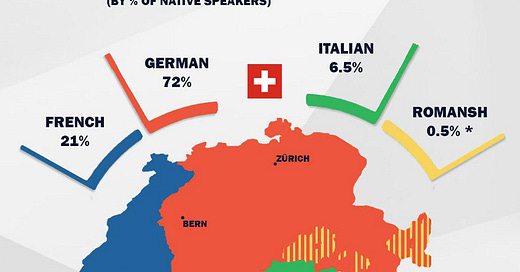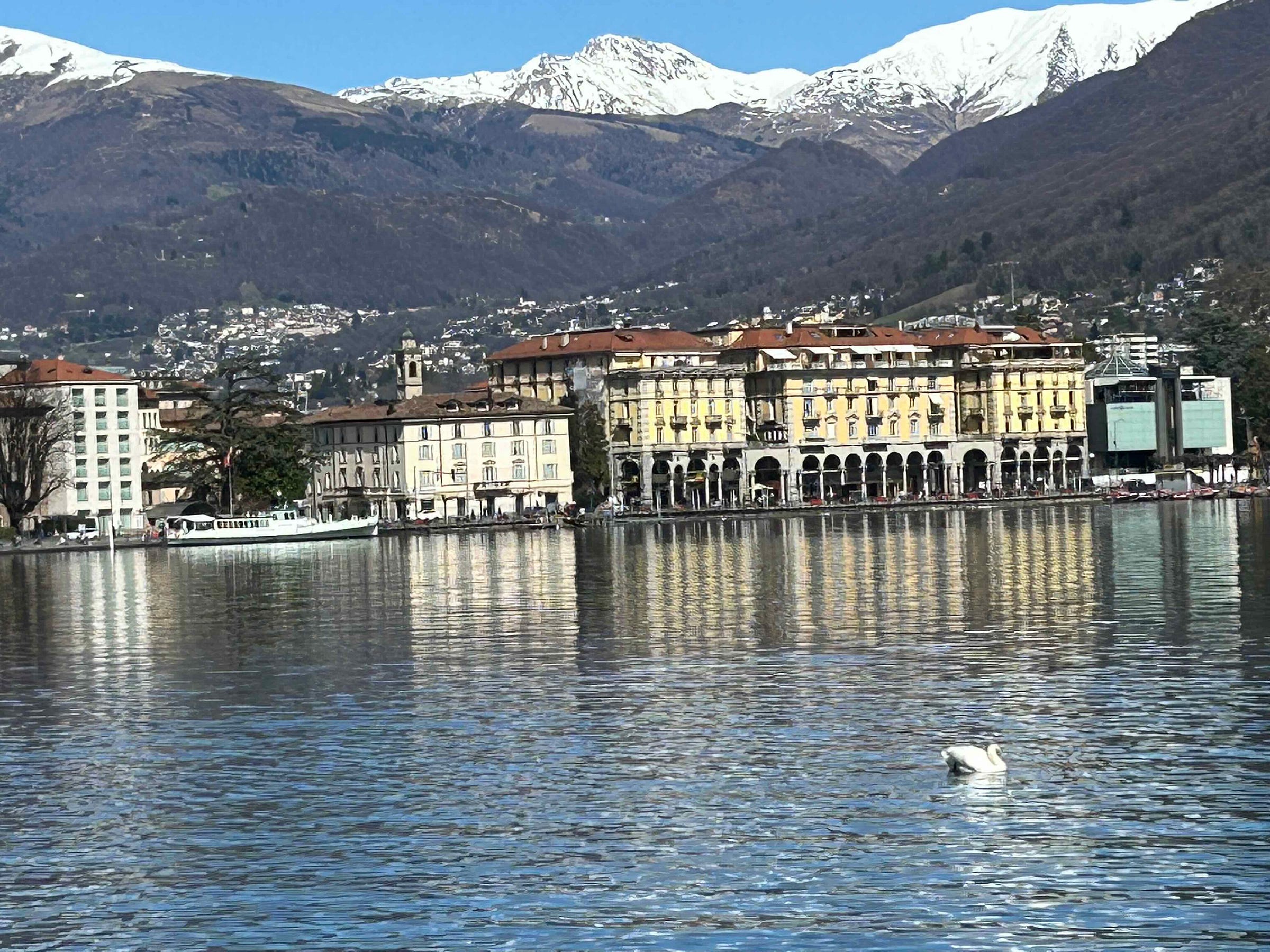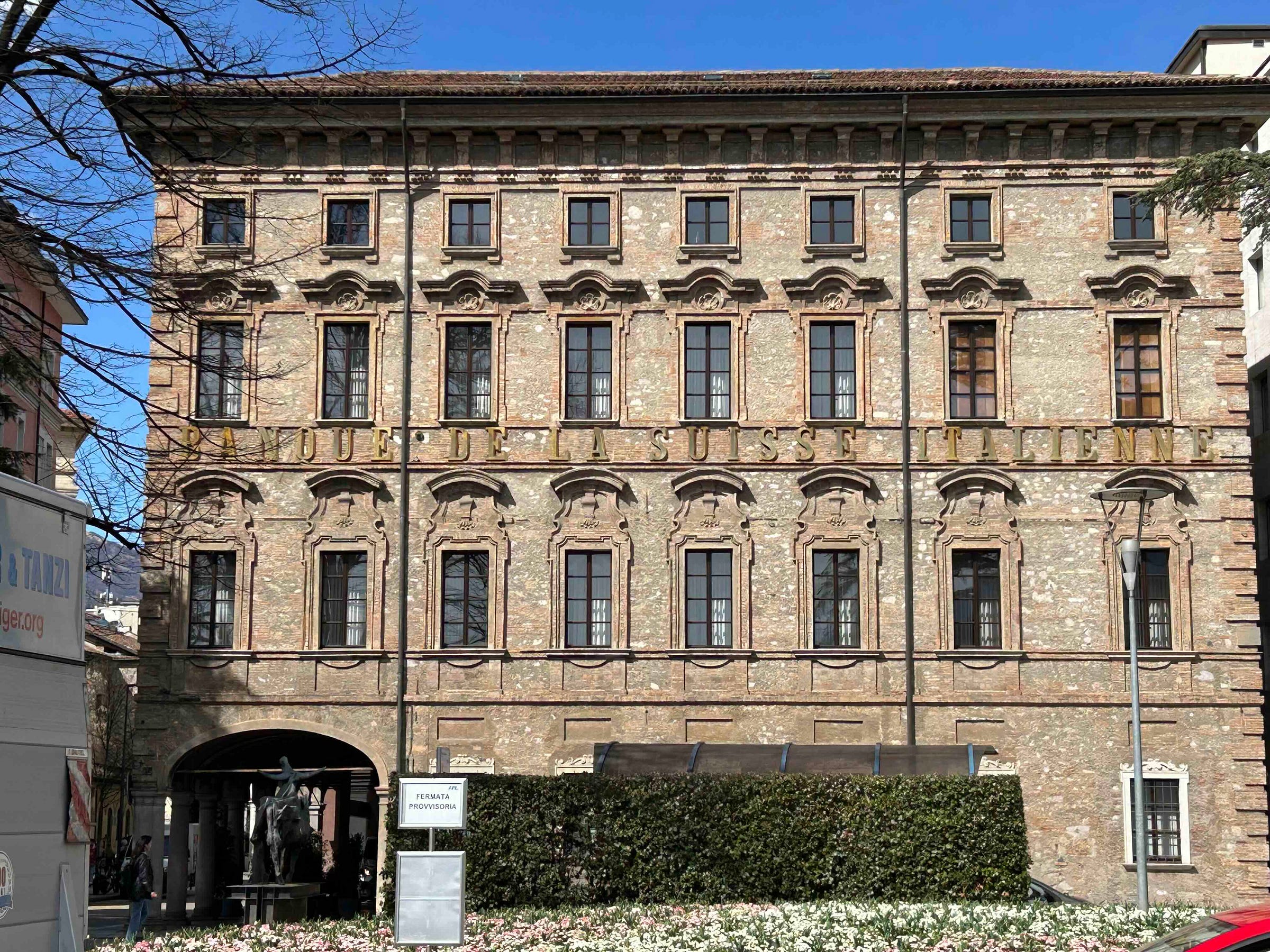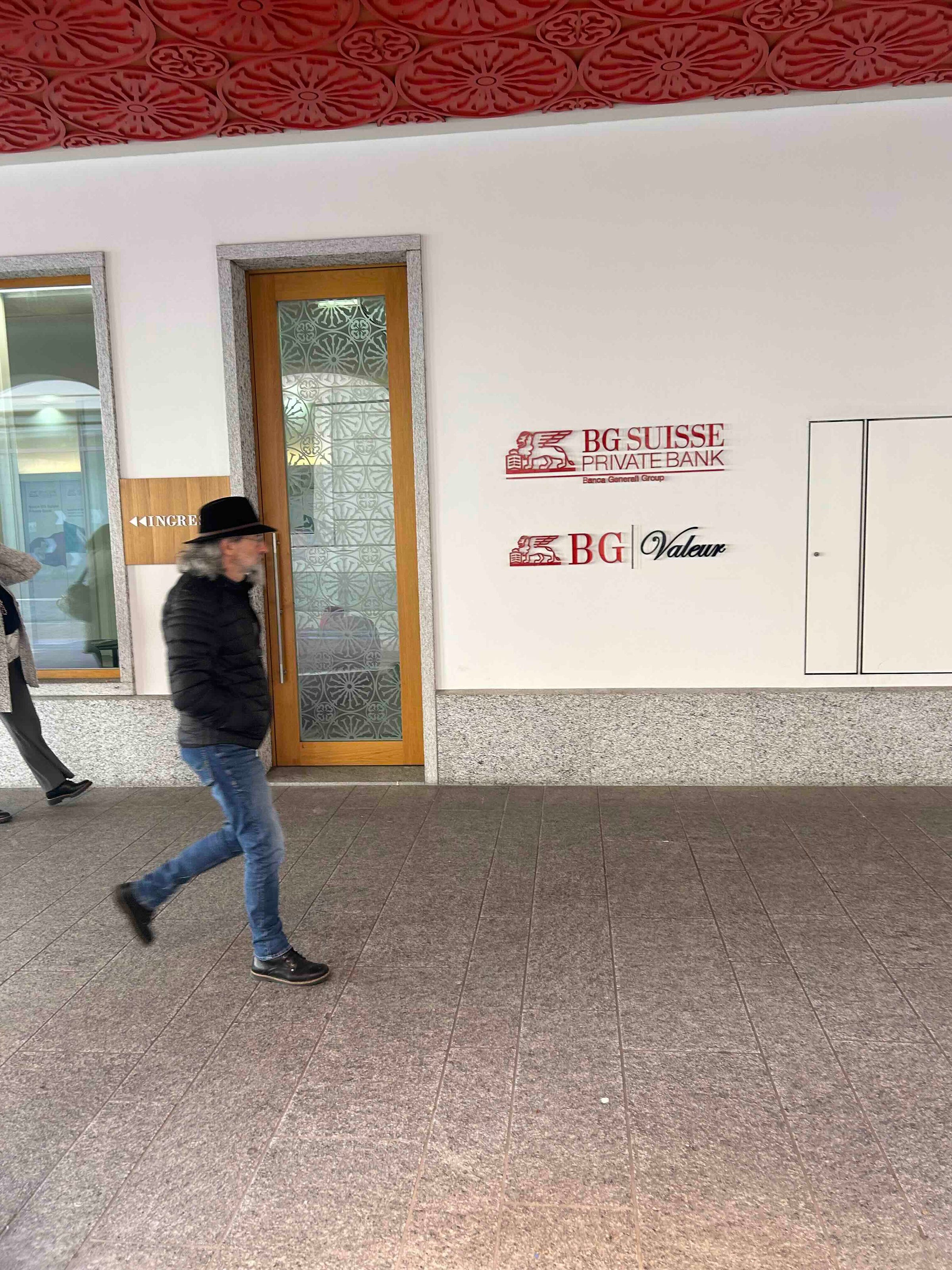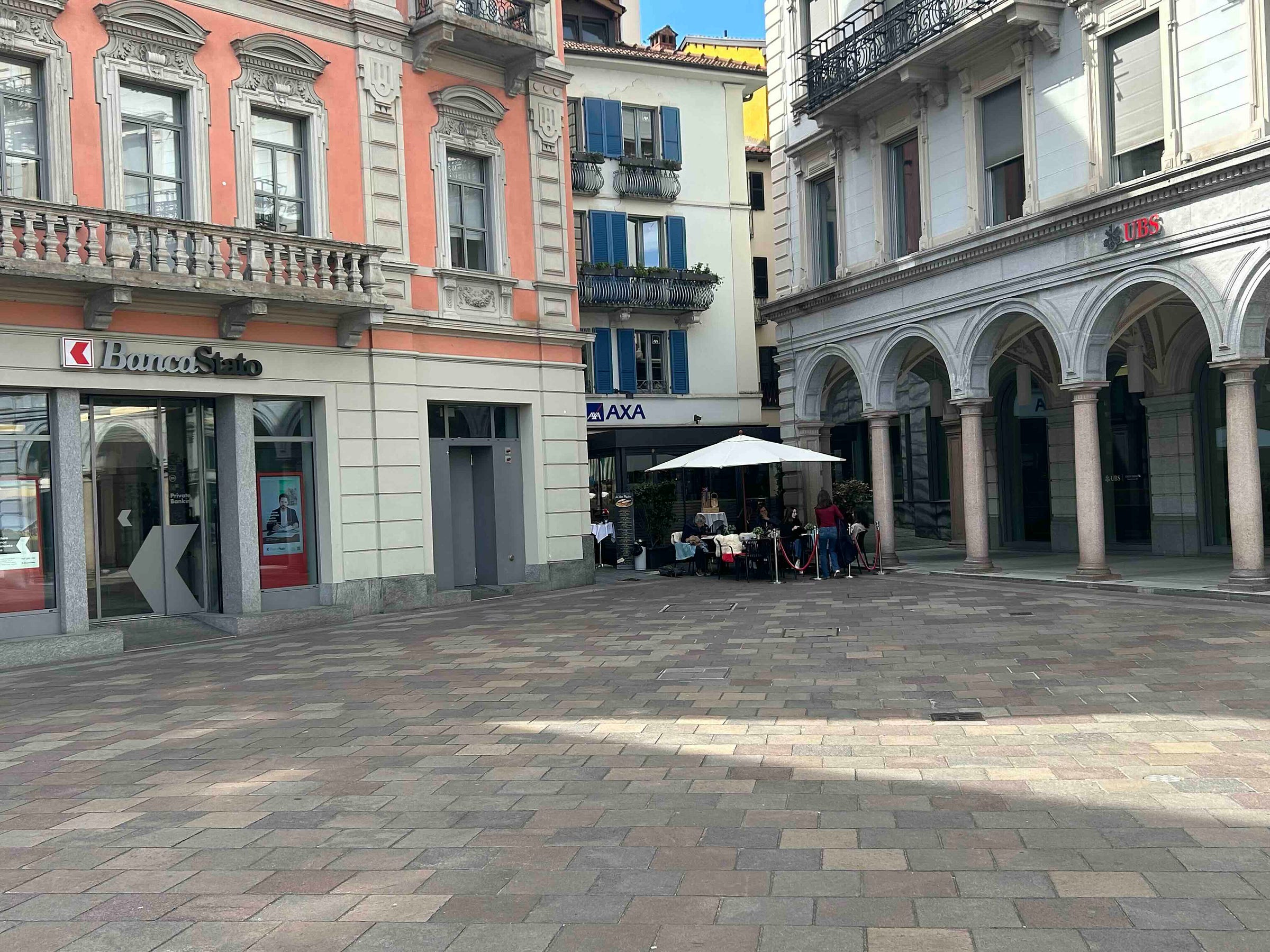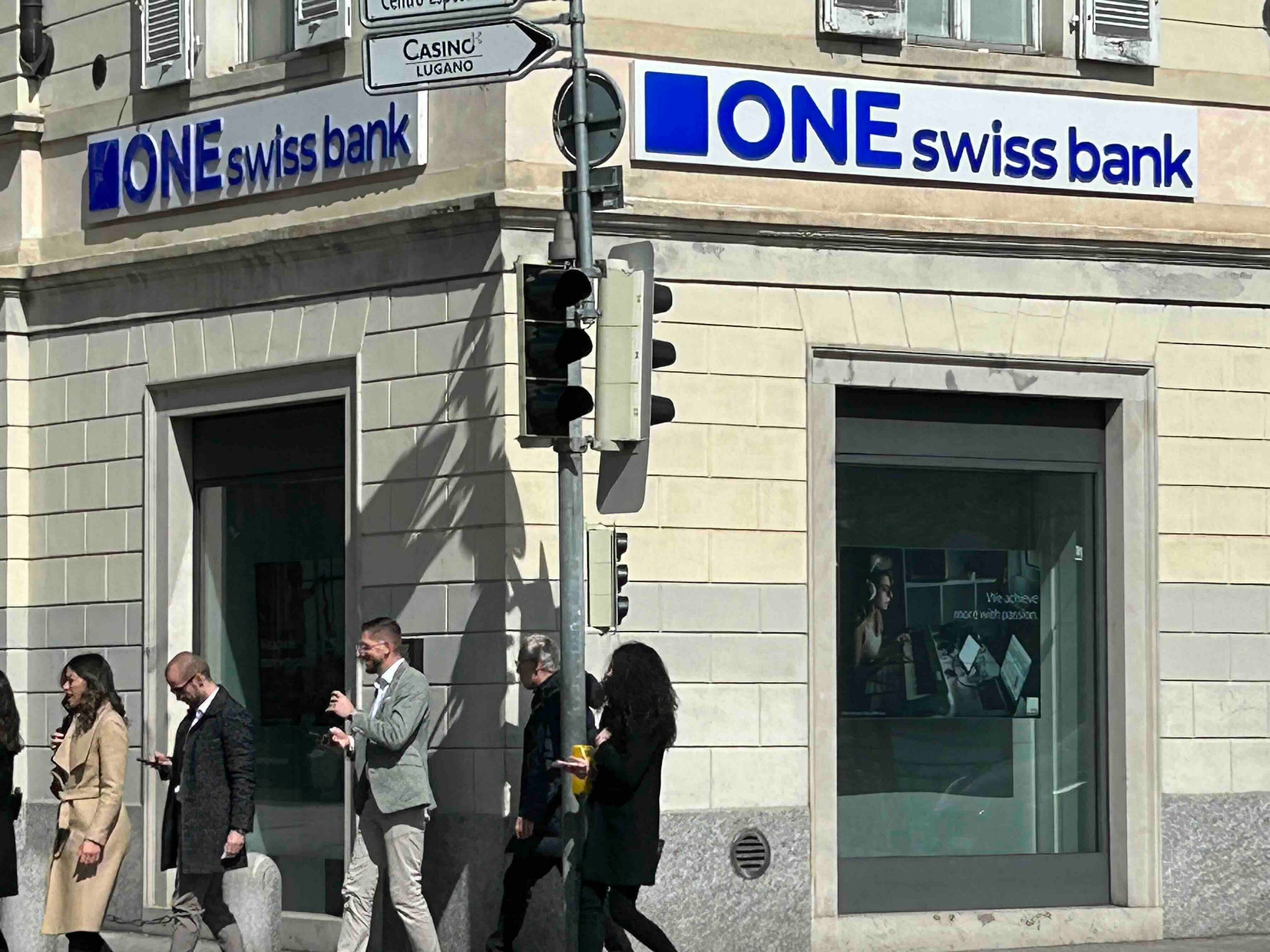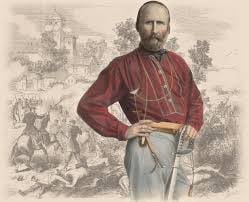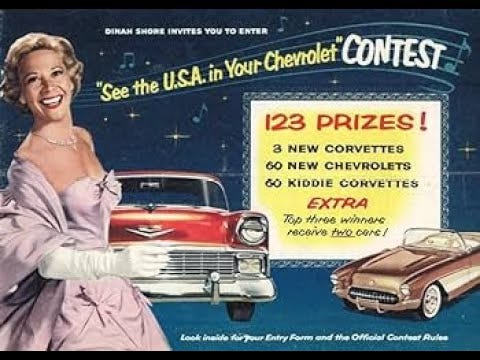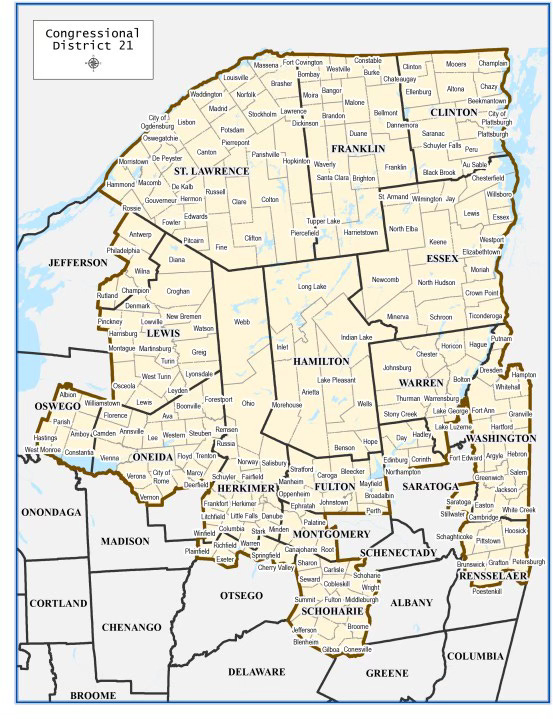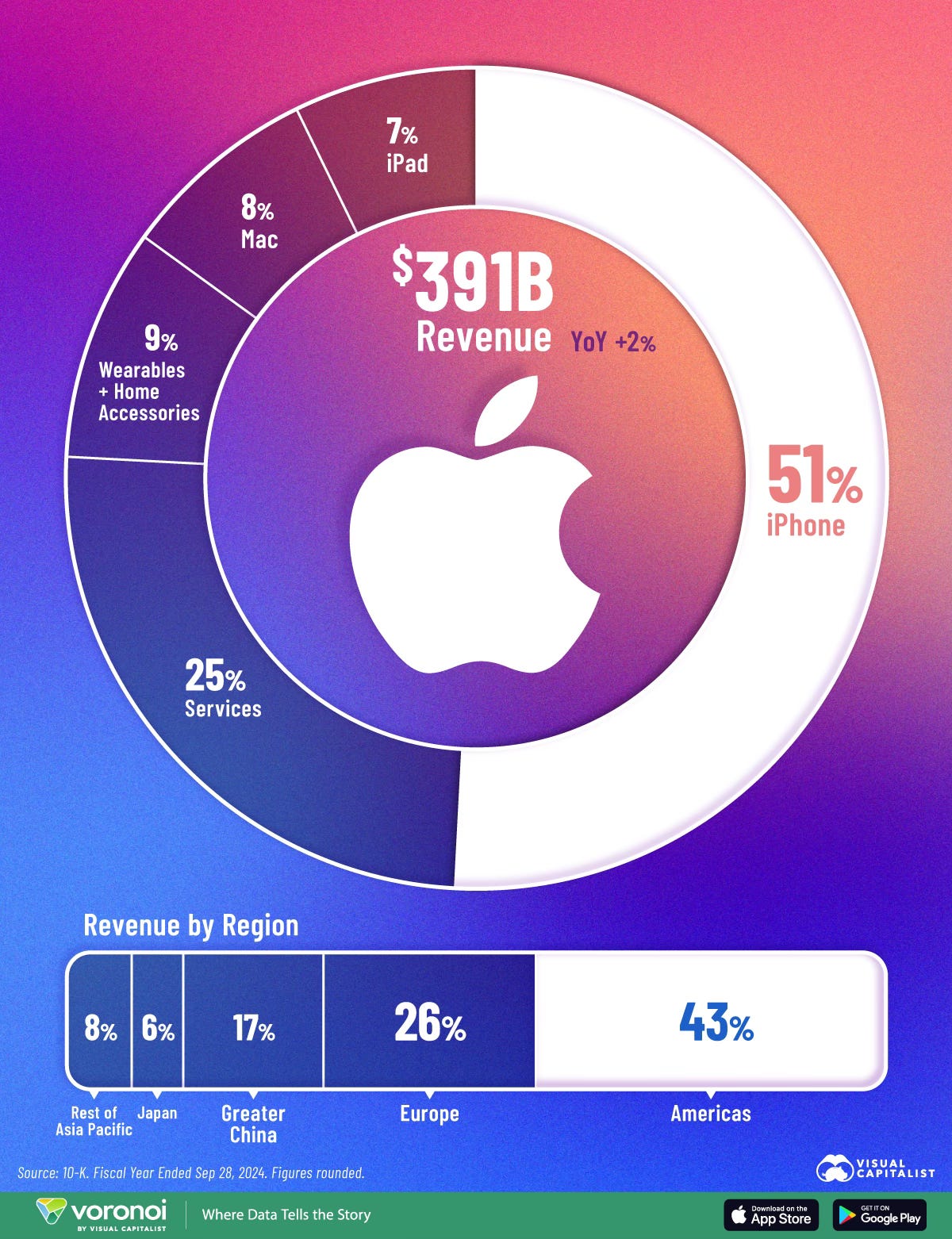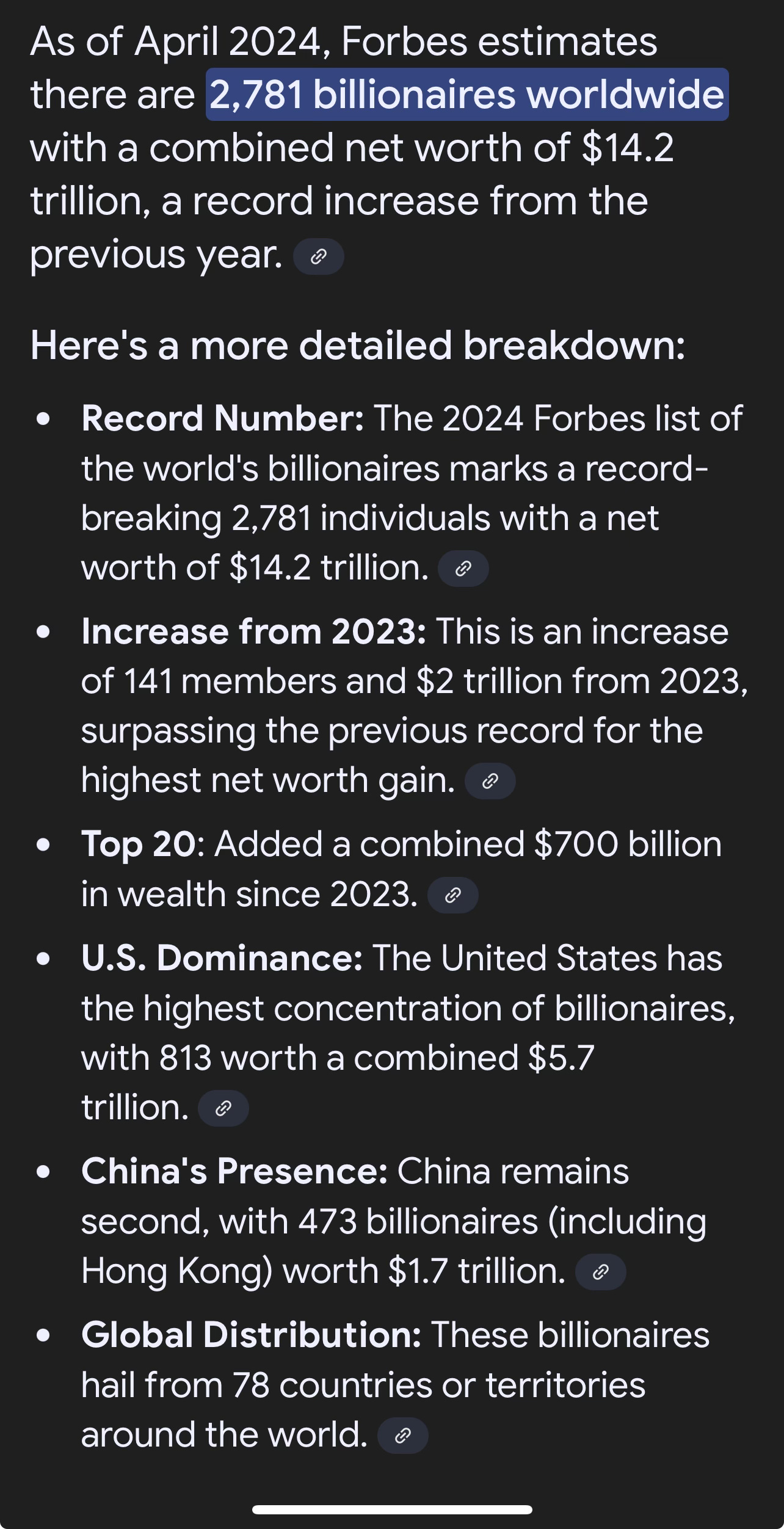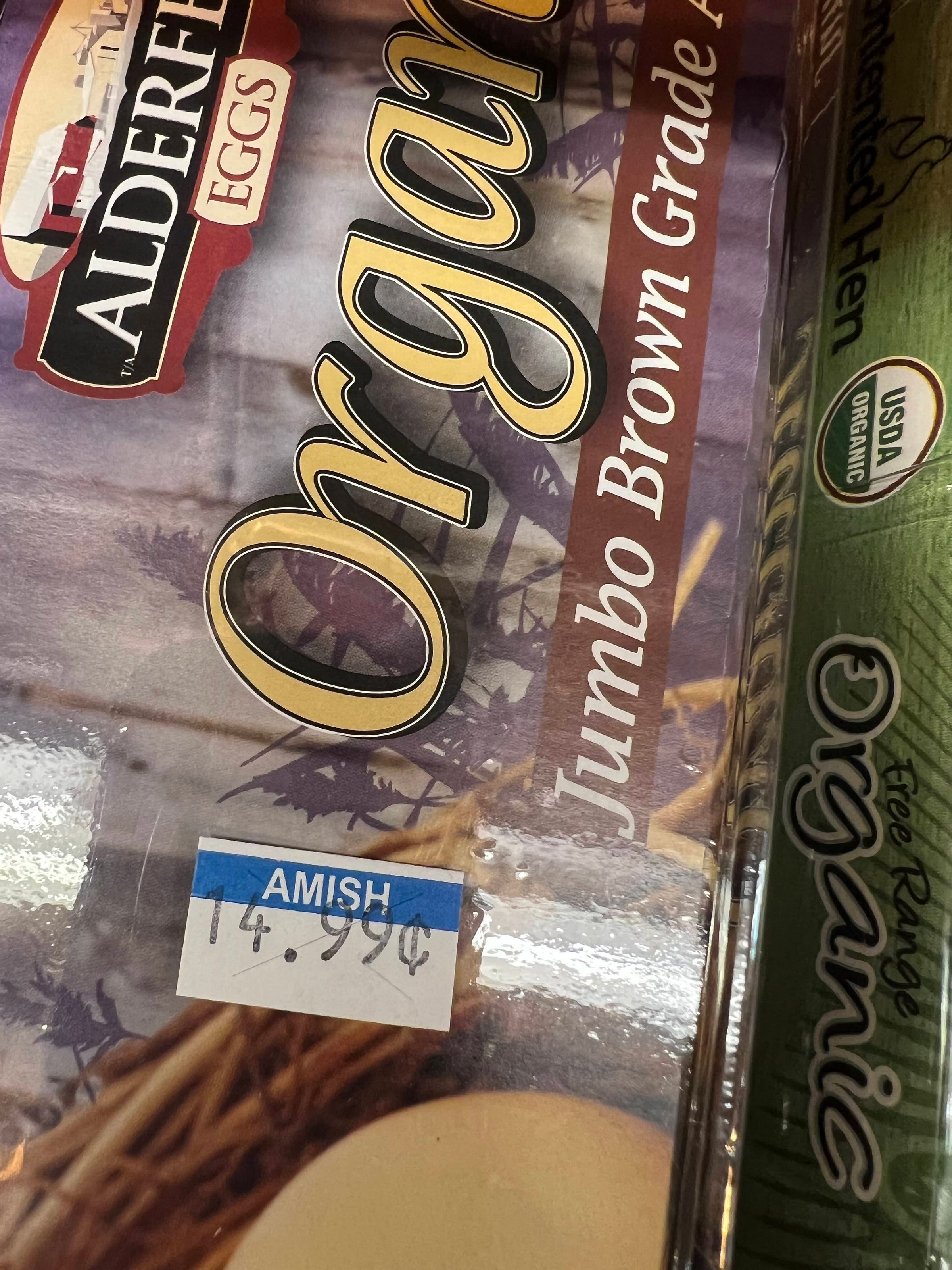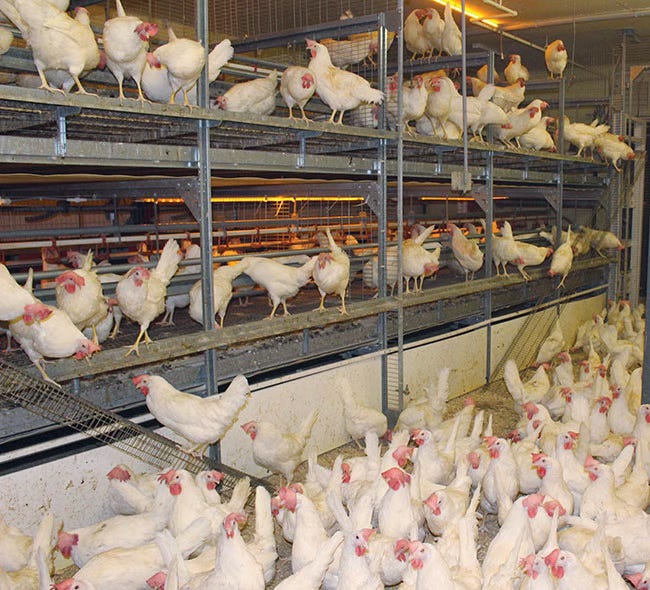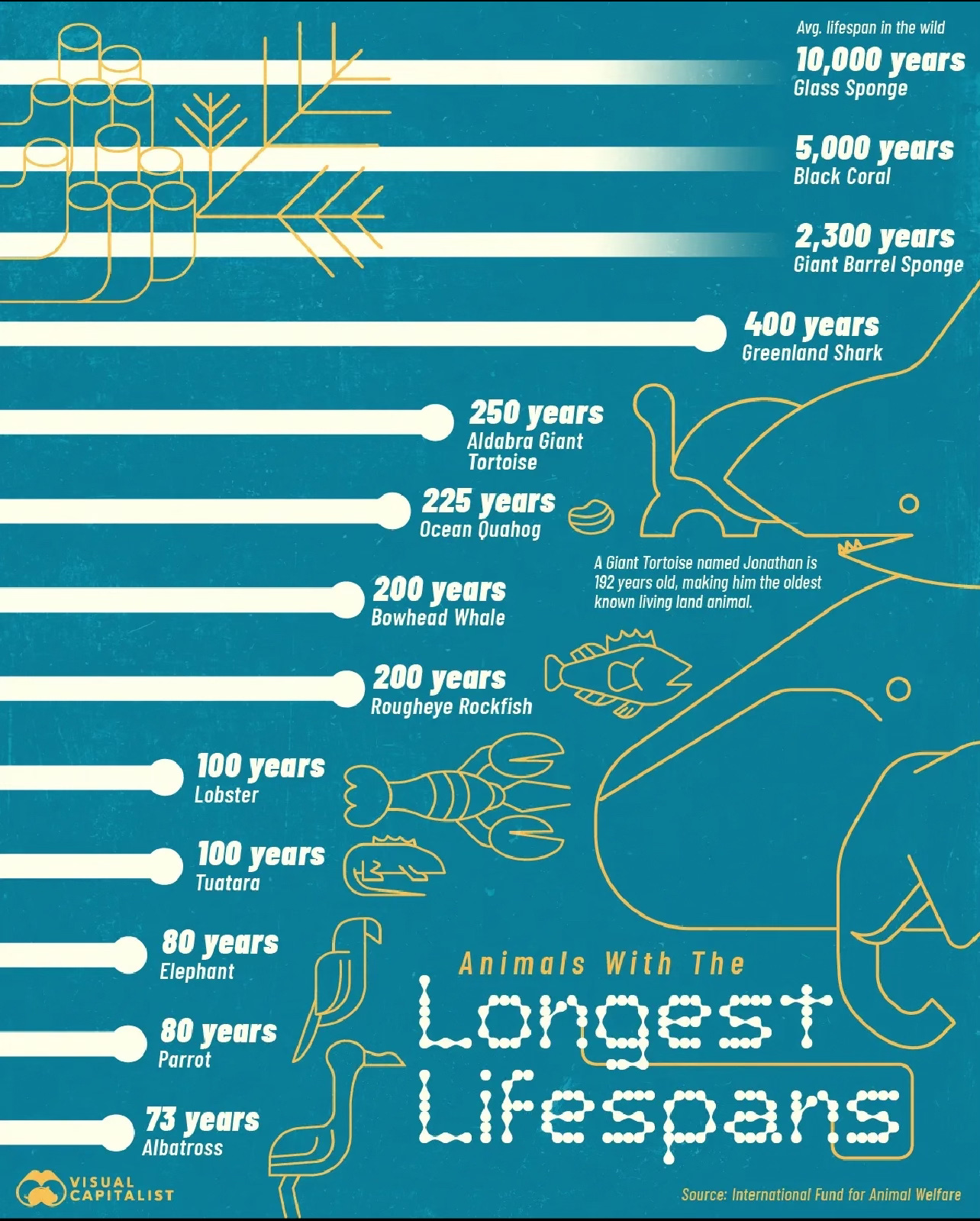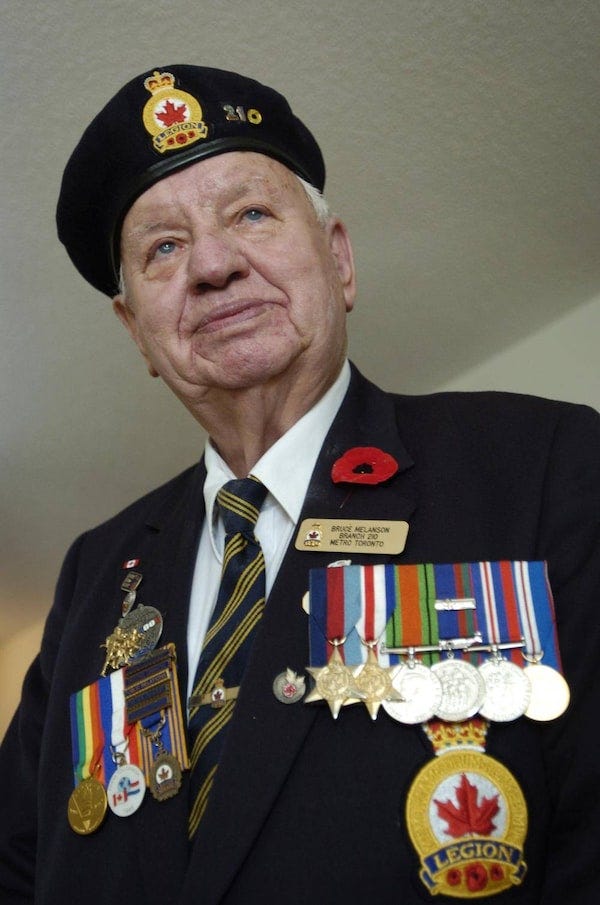Italian Switzerland, A Boder Tax, Fried Eggs, And a Veteran of the Landings in Normandy
March 31, 2025 Volume 5 # 42
Italian Switzerland
The start of my long trip to Italy, with the first day spent in Lugano, in the Italian-speaking part of Switzerland. Italy will lead every newsletter for the next seven weeks.
Italian speakers make up a little more than six per cent of the Swiss population, and are concentrated next to northern Italy. People speak Italian in the street, hotels and restaurants. Lugano is as Italian as Milan, less than two hours south by train.
Lugano is warm, beautiful and rich, on the shore of the glacial Lake Lugano and surrounded by the mountains that feed it.
Because of the language it has attracted a lot of business from Italians who want to hide their loot, and others. When Swiss banking was really secret, in the era of Aristotle Onassis post war, Lugano was hopping. As late as 1994 there were 108 banks in Lugano. Switzerland is also the favourite place for dictators to park their cash in case of a coup. Lugano is more low key than Zurich, though on a per captia basis it has more than twice as many banks as the German-speaking Zurich.
Swiss banking secrecy is not what it once was but Lugano is full of banks. The bank once housed in the building below was taken over by larger Swiss banks and is now out of business, but its name, Banque de la Suisse Itallienne, is still etched in stone and facing the lake.
Today, Banking secrecy is off the main street and the signs are more subtle.
And nearby, three banks in one quiet square
Beside this Swiss Bank, a street sign pointing to the Lugano Casino.
The Italian Mafia has been caught as recently as 2021 laundering money in Lugano banks. Ten years ago Italian police broke up an €800-million crooked banking operation out of Lugano with an accomplice in Milan. In the last few years several private banks based in Lugano have been charged with money laundering.
Have an Italian Ancestor and Want Citizenship?
You’re out of luck. The old rules, which changed on Friday, said that anyone with an Italian ancestor born after March 17, 1861, when Italy was created, was eligible for citizenship. Now you have to have a parent or a grandparent born in Italy.
Giuseppe Garibaldi, seen as the man who created modern Italy. Loved in the north, not so much in the south as you can see in The Leopard on Netflix.
Getting an Italian passport, a European Union country, allows people greater access to visa-free travel to countries, in particular the United States. Argentinians and Brazilians need a visa to travel to the United States. Not if they have an EU passport.
The Italian Diaspora
“Being an Italian citizen is a serious thing. It’s not a game to get a passport that allows you to go shopping in Miami,” says Italian Foreign Minister Antonio Trajani. Italian consulates were being swamped with applications, especially in South America where there are many people of Italian descent.
See the USA in Your Chevrolet
The theme song from the Dinah Shore TV show in the 1950s. On Saturday, the Wall Street Journal said the Trump dream of a border tax on foreign cars — their phrase, border tax— would cost Americans an extra $10,000 a car and deny them choice.
Back to 1953 when Toyotas and BMWs didn’t exist for Americans. General Motors sold 42.3% of all the cars and trucks in the USA and was the largest corporation in the world. “America is asking you to call” was the next line. Mad Men, then and now.
Speaking of the Border
Elise Stefanik was on her way to being the US Ambassador to the United Nations when Donald Trump said she would be better off staying in Congress and avoiding a special election to replace her She is the Representative for a District in New York State. Much of it borders Canada. Here is the map.
I used to live one mile from the border in Elgin, Quebec, just north of Constable, New York. On Sunday mornings I used to drive to Malone, New York, to pick up the Sunday New York Times. My brother and his wife drive to Massena, New York, to shop. Or at least they used to. Then there is Plattsburgh, New York, where the locals are complaining that the Canadians aren’t coming anymore. Canadian travel to the United States is down 70% by some measures, all of it because of Donald Trump talking about the 51st state and targetting Canada as if itwere Venezuela. Maybe the people of Massena, Malone and Plattsburgh were set to give Elise Stefanik a civics lesson, which is the reason the boss told her to stay put.
Where Apple Makes its Dough
I am typing this on a MacBook Air, an iPhone is beside me as are my ear pods. I have an old iPad I never use and there are Apple services bills that pop up every month. And I am relatively recent convert. Once you buy one Apple gadget, others follow. But it is the iPhone that makes all the dough and leads people like me to buy other stuff.
Billionaires
There is a lot of talk about billionaires. In Canada, the left wing NDP leader says the new Liberal prime minister is all about helping billionaires. It is a useful swear word in the modern age. In Canada there are only 57 billionaires. It is, after all a lot of zeros— a thousand million— and tough to accumulate. $1,000,000,000.
Here is Forbes on the world’s billionaires in 2024.
Eggs in New York City
$1.25 for one jumbo brown egg, organic and free range, at a shop in Manhattan. My daughter Kate and her husband Arthur live across the street from where Arthur took this picture. A few weeks ago he says the price was as high as $25 or $2 an egg.
There is no egg shortage in Canada. An interesting story in the Toronto Star saying why Canada can’t help even though there is no egg shortage in Canada. Bird flu crosses borders, but American egg farmers are at greater risk because of giant flocks.
“From 2022 to 2024, Canada lost around 2.75 million egg-laying hens to bird flu, about eight per cent of its egg-laying population, according to Bruce Muirhead, a professor in the department of history and associate vice-president, external research, at the University of Waterloo. The U.S. lost 150 million laying hens to bird flu during the same period,” wrote the Star.
The article says the reason for that is Canadian egg farmers have smaller flocks— an average of 22,500 birds versus giant American poultry farms; there are a couple of farms in Iowa with two million birds each.
If one hen gets bird flu, you have to kill them all. Canadian egg farmers can make do with smaller flocks because of the Egg Marketing Board system where smaller farmers can make a decent living because they are guaranteed a price for their eggs. This usually means that eggs are more expensive in Canada, but not now. Canada can’t supply the United States becasue the Supply Management System means no surplus. The United States is importing eggs from Denmark, (Greenland anyone?) among other countries.
Maybe You’ll Come Back as a Sponge
Note on Volume #
I started writing these newsletters when Covid first popped up, and cancelled a long trip to Sicily. I have obviously lost track or mis-numbered things so next week will be Volume 6 # 1, not that it makes much difference but it’s more accurate.
Essay of the Week
This is a a piece I wrote for the Globe for the Remembrance Day edition in 2013.
Bruce Melanson was an ordinary Canadian soldier who like so many others was shocked to find the reality of war so horrifying. It left lasting scars. And like many veterans of the Second World War, he came to see the six years he spent in the Army as the most important time in his life.
"As he got older the war became a huge part of his life," said his grandson Alex Bland, who travelled with his grandfather to France for a ceremony at the memorial to Canadian soldiers who landed on Juno Beach in the invasion of Normandy. Mr. Melanson was one of those soldiers, and he was the second to speak on that day in June, 2012, in recognition of the work he had done to get the memorial built.
Mr. Melanson, who died on Oct. 15 at 91, 2013, lied about his age so he could join the Army at 17 – you had to be 18 to be eligible for service overseas. For him and his friends, it seemed like a great idea at the time.
"They were young and didn't know what they were getting into," said his daughter Ann Vincent. "There was little work in small-town Nova Scotia and it seemed like an adventure."
The 133 reinforcements for the West Nova Scotia Regiment sailed from Halifax on May 12, 1940, two days after German forces invaded France. They were aboard the Duchess of Bedford, a Canadian Pacific luxury liner converted to a troop carrier. She was a fast liner, having set a record from Montreal to Liverpool in six days, so could make it to Britain in four days from Halifax. Young Bruce was thrown into the real thing with no delay.
Private Melanson and the West Nova Scotia Regiment moved quickly to the south coast of England, ready to sail to Brest in Brittany on the Atlantic coast of France to reinforce French forces there. But by this time the Germans had occupied Paris and the British had evacuated their troops from Dunkirk. France fell six weeks after the start of the invasion.
Canadian soldiers in Britain then prepared for the German invasion that never came. In later life, Mr. Melanson spoke often of living through the Battle of Britain, the air war that started shortly after the Battle of France ended.
The next four years for Mr. Melanson and most Canadian soldiers meant training and exercises. It also meant young men being introduced to life on their own, drinking in pubs and going to dances. There was romance. In March, 1941, when he was 19, Pte. Melanson married Joyce Abbott, a young woman from Bexleyheath in Kent.
Canadian soldiers soon entered the fighting war. There was the failed raid on Dieppe in 1942 and the Canadians, including the West Nova Scotia Regiment, participated in the July, 1943, invasion of Sicily and then Italy. But by that time Pte. Melanson had transferred from the infantry to what he and his fellow soldiers called "Ack-Ack," known officially as the 3rd Light Anti-Aircraft Regiment.
His brother Dave also left the infantry and moved to artillery. A bit of luck. Fighting was dangerous anywhere, but it was most deadly in the infantry. In Normandy, the death rate among the infantry was about the same as it was in the trenches during the First World War.
Pte. Melanson landed on Juno Beach in Normandy in the second wave after D-Day. Later in life he recalled the chaos and especially the noise on the beach. "The noise of the planes above us for instance, thousands of planes, and there were hundreds of guns going off at the same time and a lot of veterans – I hate to tell you this – but a lot of veterans went out of their mind from the shelling."
The men of the Ack-Ack regiment operated a Bofors Gun, a portable anti-aircraft gun developed by the Swedes in the 1930s. Both sides used it in the Second World War. It took Pte. Melanson and five other soldiers to operate the gun. It was a highly effective weapon, firing 120 shells a minute, with each explosive shell weighing slightly less than a kilogram. It could hit a plane flying at 3,800 metres. It could also be lowered and used against targets on the ground.
Pte. Melanson took part in some of the most bitter fighting in France, in particular the Battle for Caen, a town defended by one of the toughest German divisions. The men operating the Bofors guns in the Canadian and British units shot down 17 German aircraft in that battle, keeping open key bridges.
"We fought the toughest German army that Hitler had made," he recalled. "And that was under General Kurt Meyer with the SS troops. And that is why it took us five to six weeks to capture Caen where they thought we were going to capture it in two weeks."
Pte. Melanson fought across northwestern Europe, at Falaise Gap, in Belgium, the Netherlands and finally Germany. There was one incident he went on to recount many times in nights at the Royal Canadian Legion, where he was a regular.
"One day during a little bit of a lull, I decided to grab a little bit of water and take a bath. And after I was in the tub taking a bath, four or five Messerschmitts (German fighter aircraft) started to shell us," Mr. Melanson recalled in an online history. "So I run to the gun like heck, naked, and started firing with no clothes on. But then, all of a sudden, out of the blue skies, came three or four Spitfires and they knocked down two or three of them immediately."
After the war, he returned to Canada alone, his wife and newborn baby daughter, Ann, staying on in England. This was not uncommon. His family joined him a year later. After two years, his wife and daughter returned to England. This, too, happened often. Many war brides were homesick or disillusioned with life in Canada. Many refused to come over at all.
Mr. Melanson returned to England six years later and persuaded his wife to return to Canada with him. But the marriage didn't last. Mr. Melanson was estranged from his two daughters for many years. He married two more times and in his later years had a common-law relationship. He leaves his daughters, Ann Vincent and Sue Cortese, and his long-time partner Sonya Godina.
Back in Canada, Mr. Melanson became a small businessman, first in Nova Scotia then in the Toronto suburb of Etobicoke. His shop, Bruce's Menswear, at one time sold suits and jackets to many players from the Toronto Maple Leafs.
"Dick Duff and some other retired hockey players were entertaining veterans at the Sunnybrook hospital in late September and Dick Duff came over and spoke to my father. He remembered buying suits from him," Ms. Vincent said.
Mr. Melanson entered politics and became a councillor for the city of Etobicoke. This prepared him for the final project in his life, campaigning for the recognition of veterans and raising funds and awareness for the Juno Beach memorial, where he and other Canadian soldiers had landed for the invasion of Normandy.
"Bruce was a tireless supporter of the Juno Beach Centre from the very early days, travelling coast-to-coast, knocking on doors to help raise the funds necessary to see the Centre built, ensuring that the legacy of Canada's contribution to the Second World War would not be forgotten," said Jenna Zuschlag Misener, executive manager of the Juno Beach Centre Association.
Because of his work for the Juno Centre, Mr. Melanson was invited to Ottawa on several occasions. In 2011, he was introduced to the Duke and Duchess of Cambridge. He asked Kate for a hug, but she politely refused.
His local MP Bernard Trottier rose in the House of Commons to give a tribute to Mr. Melanson after his death. "Bruce worked tirelessly to raise funds for the construction of the five-acre facility in Normandy, which honours the brave Canadian men and women who served during the Second World War," Mr. Trottier said. "To his friends, I am sure Bruce would say, 'let us never forget.'"

